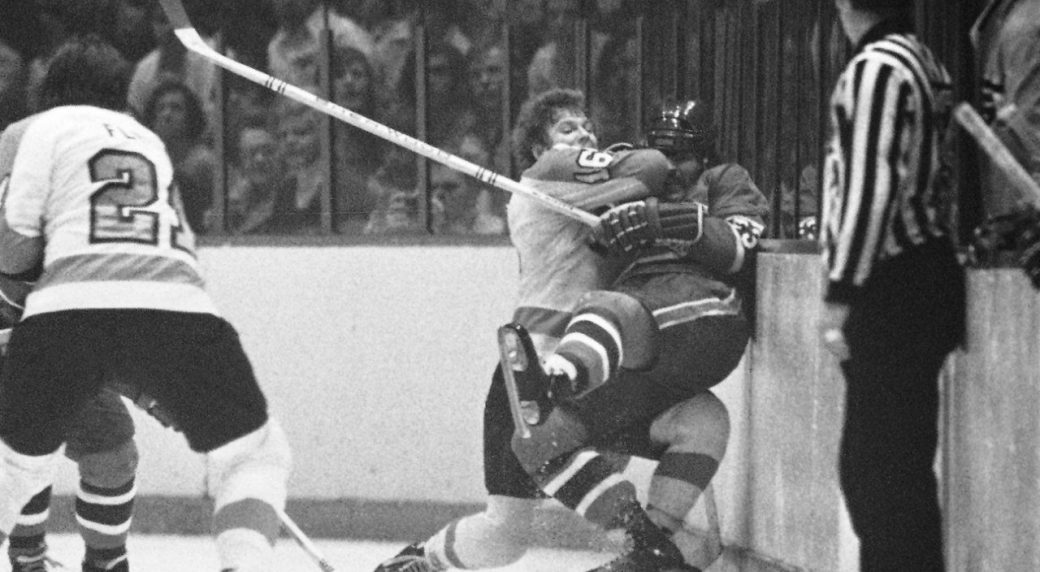The Tragic Impact of Traumatic Brain Injuries in Hockey
The family of the late Bob Murdoch, a two-time Stanley Cup champion, revealed that he had been suffering from chronic traumatic encephalopathy (CTE), a devastating disease linked to repeated traumatic brain injuries. Murdoch passed away in August at the age of 76, and the diagnosis was made by researchers at the Boston University CTE Center, as confirmed by the Concussion Legacy Foundation.
Murdoch’s widow, Bev, decided to share the findings in an effort to raise awareness about the long-term consequences of sustaining repetitive head injuries in hockey. The examination of Murdoch’s brain indicated that he was in stage 3 of CTE at the time of his death. The disease, which can only be definitively diagnosed posthumously, has affected several former NHL players.
CTE Impact and Controversy in the NHL
This revelation comes shortly after the recent suicide of former NHL enforcer Chris Simon. His family strongly believes that CTE played a significant role in his tragic death. Despite mounting evidence, the NHL has consistently denied any direct correlation between playing hockey and the development of CTE.
Bob Murdoch’s illustrious career in the NHL spanned 12 seasons, during which he played for renowned teams such as the Montreal Canadiens, Los Angeles Kings, and Atlanta/Calgary Flames. The talented defenseman contributed significantly to the Canadiens’ Stanley Cup victories in 1971 and 1973.
Personal Struggles and Resilience
Bev Murdoch, who had been married to Bob for 37 years, expressed that the CTE diagnosis did not come as a surprise, as they had suspected the underlying cause of his suffering. She emphasized the urgent need for the professional hockey community to address and prevent further cases of CTE to avoid more individuals enduring similar hardships.
Murdoch’s experiences highlight the profound impact of CTE not only on athletes but also on their families, especially caregivers. Bev Murdoch shared the emotional toll of witnessing her husband’s gradual decline due to the debilitating effects of the disease, which led to a heartbreaking deterioration of their relationship.
Ongoing Research and Advocacy
Researchers at the Concussion Legacy Foundation are investigating the potential connections between CTE and other neurological disorders in later stages of life. Dr. Ann McKee, a prominent expert in neuropathology, voiced disappointment regarding the NHL’s reluctance to acknowledge the clear link between repeated head injuries and CTE. She urged NHL Commissioner Gary Bettman to acknowledge the suffering faced by affected families and the urgent need for preventive measures.
Despite the challenges and controversies surrounding the recognition of CTE in professional hockey, the case of Bob Murdoch serves as a poignant reminder of the lasting consequences of head injuries in sports and emphasizes the critical importance of prioritizing player safety and brain health in athletics.
Image/Photo credit: source url





